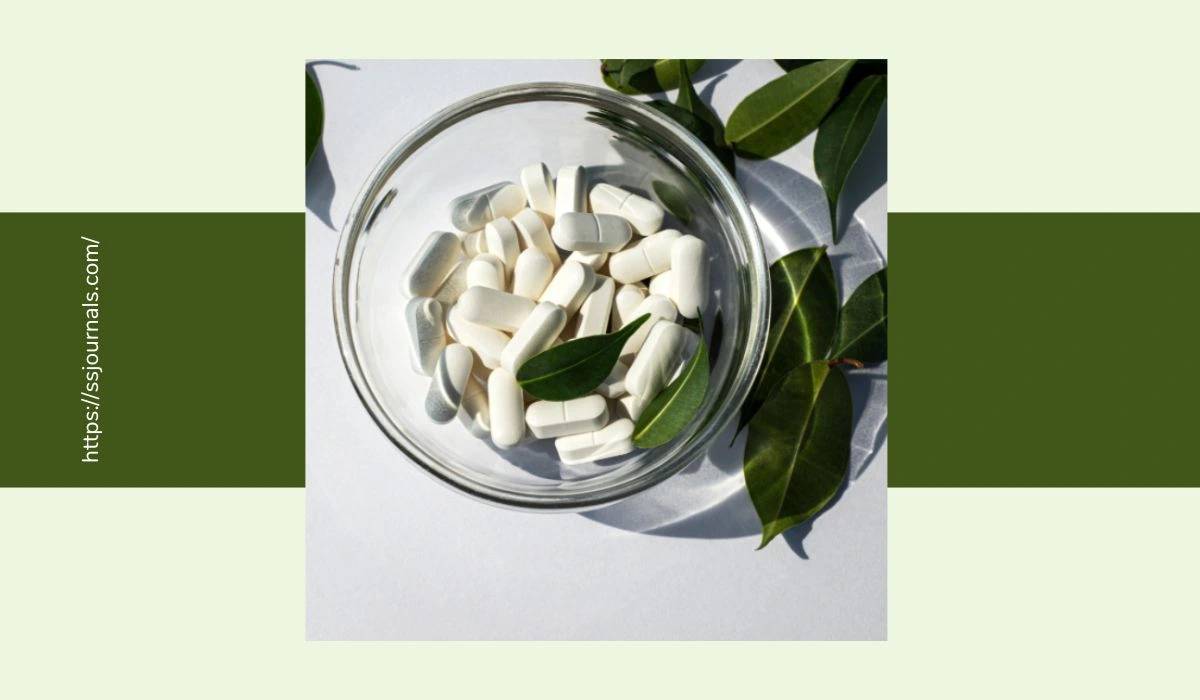Zinc, a micronutrient, is essential for the smooth activity of more than 300 enzymes in the human body. And these enzymes have their part to play in assisting healthy digestion, nerve function, and efficient metabolism.
Zinc is also integral to helping the body heal. It helps with the repairing of the cell membrane, in the growth of cells, and also aids with the maintenance of healthy skin. And as per a review published in the journal Nutrients, zinc-dependent proteins play an integral part within cells which includes repairing DNA.
In addition to that Zinc supports the brain and some studies show that changes in the brain’s zinc levels might affect age-related cognitive decline, Alzheimer’s disease, and depression.
Is it OK to take a zinc supplement daily?
Zinc is deemed an essential nutrient which means that our body is incapable of producing or storing it. And due to this very reason, one must include food with Zinc in their diet for a constant supply.
Zinc is mandatory for the sense of taste and smell. An enzyme responsible for the proper taste and smell is dependent upon this nutrient. That means a zinc deficiency can result in the reduction of one’s ability to taste or smell.

Zinc deficiency is quite a rare occurrence. People with rare genetic mutations, breastfeeding babies whose mothers don’t have enough zinc in their bodies or people with alcohol addictions, and patients consuming immune-suppressing medicines etc are susceptible to zinc deficiency.
Impaired growth and development, delayed sexual maturity, skin rashes, recurrent diarrhea, sluggish wound healing, and behavioral difficulties are all symptoms of zinc deficiency.
It is approximated that around 2 billion people globally are facing zinc deficiency due to insufficient dietary intake. Zinc deficiency is not an insignificant issue, because it is thought to have weakened the immune system which in turn causes a higher susceptibility to infections causing more than 450,000 deaths in children under the age of 5 every year.
It is really necessary to depend on zinc supplements as they can be easily received through a thoughtful and balanced diet. Doctors do not usually recommend taking supplements but rather meet the requirement through dietary intake. Getting the daily requirement of this nutrient from the food can expand the total nutrient consumption.
One might not miss out on the proteins, vitamins, minerals, and fiber in addition to the health-protective antioxidants that zinc-containing food offers. It is better to consume a zinc supplement if a healthcare expert like a doctor recommends it, as overdosing on zinc supplements is as harmful as zinc deficiency.
A doctor’s suggestion would be great to choose the correct supplement and determine the dosage. Zinc might have the chance to interact with certain medications, medical conditions, and other supplements too, so one might need to act according to doctors’ discretion.
There are various zinc supplements available which include Zinc Gluconate, acetate, citrate, and picolinate. Zinc is available in multiple forms like lozenges and capsules to drop.
Zinc Lozenges are usually used as cold medication, which is combined with vitamin C. Zinc lozenges and nasal sprays intrude with rhinovirus’s capacity to breed in moist surroundings of the nose or throat, so the intake of lozenge or use of nasal spray which includes Zinc gluconate and zinc acetate have been observed to have great antiviral effectiveness.
Supplements are capsules swallowed as a whole whereas the lozenges are drops with zinc as an active ingredient.
Lozenges contain a comparatively lower amount of zinc than the supplement has. If at all you have to take in zinc from artificial sources, the dietary supplement might be the best and most effective option.
There is a limit to your daily Zinc consumption. The tolerable upper intake level(UL) for zinc is 40 mg per day for adults above the age of 19 and older. If one continues to consume more than the stipulated amount, it might affect your body adversely.
So make sure your health care specialist monitors your intake. Excess amounts of Zinc in the body can trigger nausea, vomiting, loss of appetite, diarrhea, headaches, weakened immunity, altered copper and iron functions, abdominal cramps, and low HDL. Always keep in mind to enquire with your doctor about the right supplements, the dosage, frequency, form, length of use, and when and how to consume the supplement.

